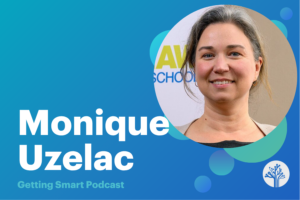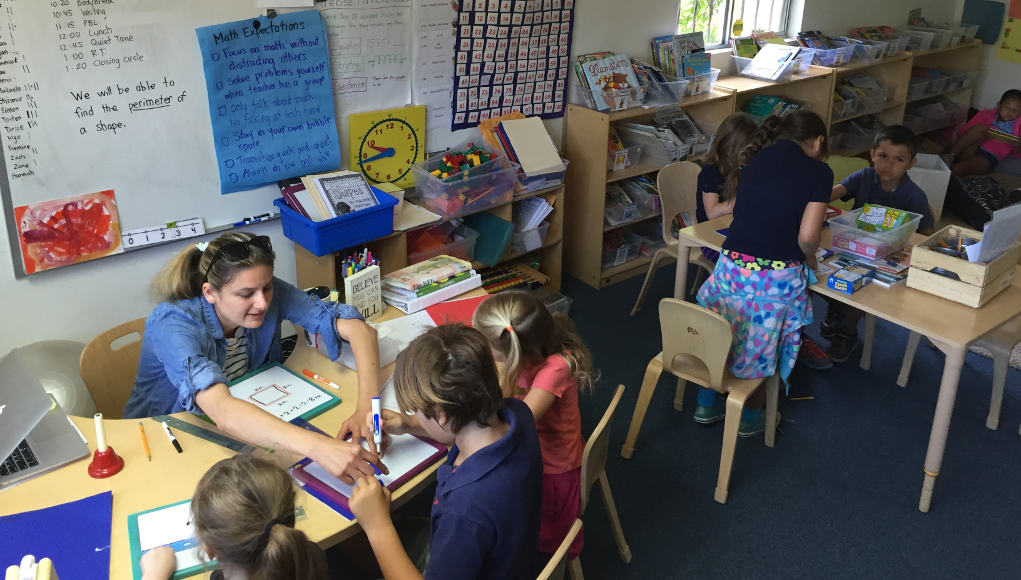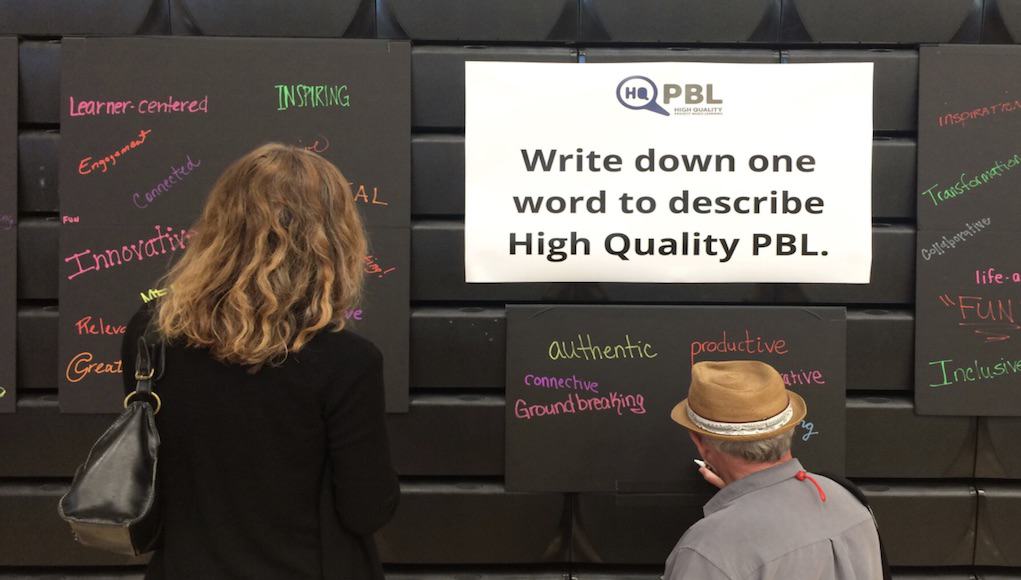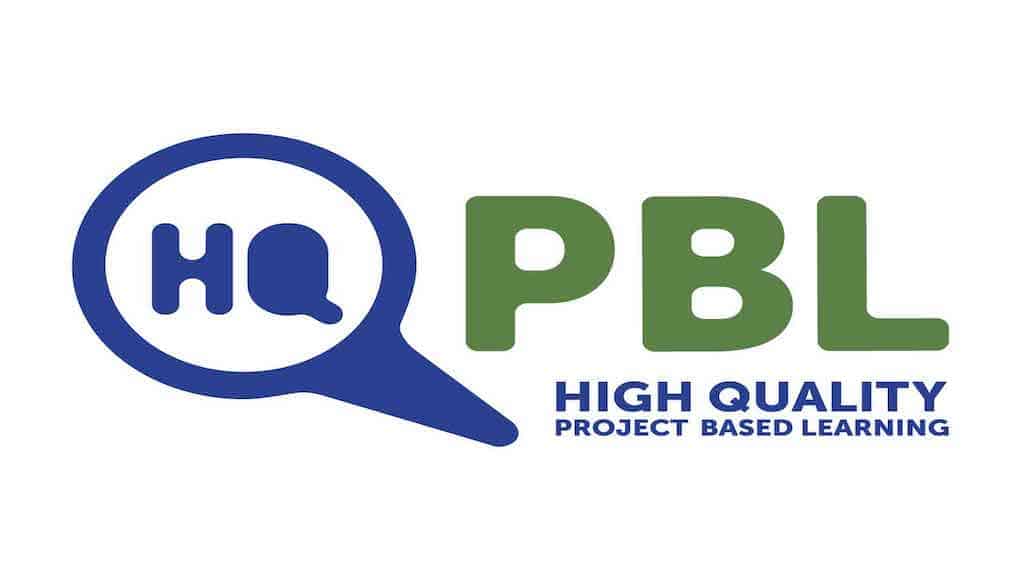Project-Based Learning
(PBL) is an instructional approach where traditional, direct classroom instruction and tests are replaced by authentic, often interdisciplinary projects, usually designed by the student with guidance from instructors/coaches, addressing real-world problems as the assessment instead of a test. It also is closely related to deeper learning, challenge-based learning, interest-based learning and more.
3 Ways to Prepare Educators to Teach PBL
By: Dr. Art Fessler. For project-based learning to reach its full potential, teachers must learn to step back and be facilitators in the classroom. Here are my three best practices as a superintendent to effectively support educators in a PBL environment.
Deeper Learning: What We Know So Far
Teaching that focuses on the development of the six deeper learning competencies yields increased graduation rates, more engaged thinkers, and increased equitability in opportunities to access high-quality learning experiences. Learn more here.
Getting Students Ready for the Gig Economy
Recent findings on the effects of the sharing economy are driving home the need to engage students in project-based experiences. In this post, we look at why.
Project-Based Learning Q&A
At a recent conference we collected a few questions about project-based learning (PBL) that we didn’t get to address, so here are some solid answers and great examples to keep the conversation going.
PBL World Educators Focus on Process
PBL World is a community of dedicated educators from around the world coming together, creating and growing a path forward for themselves and ultimately the students they serve. Here, we look at some of the key takeaways from this year's conference.
The Purposes of High Quality PBL
Students in classrooms today need to know how to manage projects, but there are a number of other important purposes that PBL can fulfill. Here, I explore those purposes in more detail.
Taking on the World from Idaho Falls: Integrated PBL at Compass Academy
Compass Academy is a New Tech Network with a refreshing perspective on PBL. Here, we learn about what makes Compass Acadamy tick from their director, Matt Bertasso.
Integrated Curriculum: Why it Matters, and Where to Find It
Why do 95% of high schools retain discipline-based structure and staffing decades after the cost has been shown to significantly outweigh the benefit? Here, I look at a number of schools that provide good examples of ways to break the mold.
Does Your Teaching Have the 4 Categories of High Quality PBL?
PBL is increasingly recognized as a powerful instructional practice, but there is no collectively-developed, widely-accepted high-quality PBL Framework to guide aspiring educators. Find out how you can contribute to changing that here.
Measuring What Matters: A Framework Review
This post reviews several whole-student outcome frameworks, particularly those that attempt to describe and measure productive dispositions and habits.












